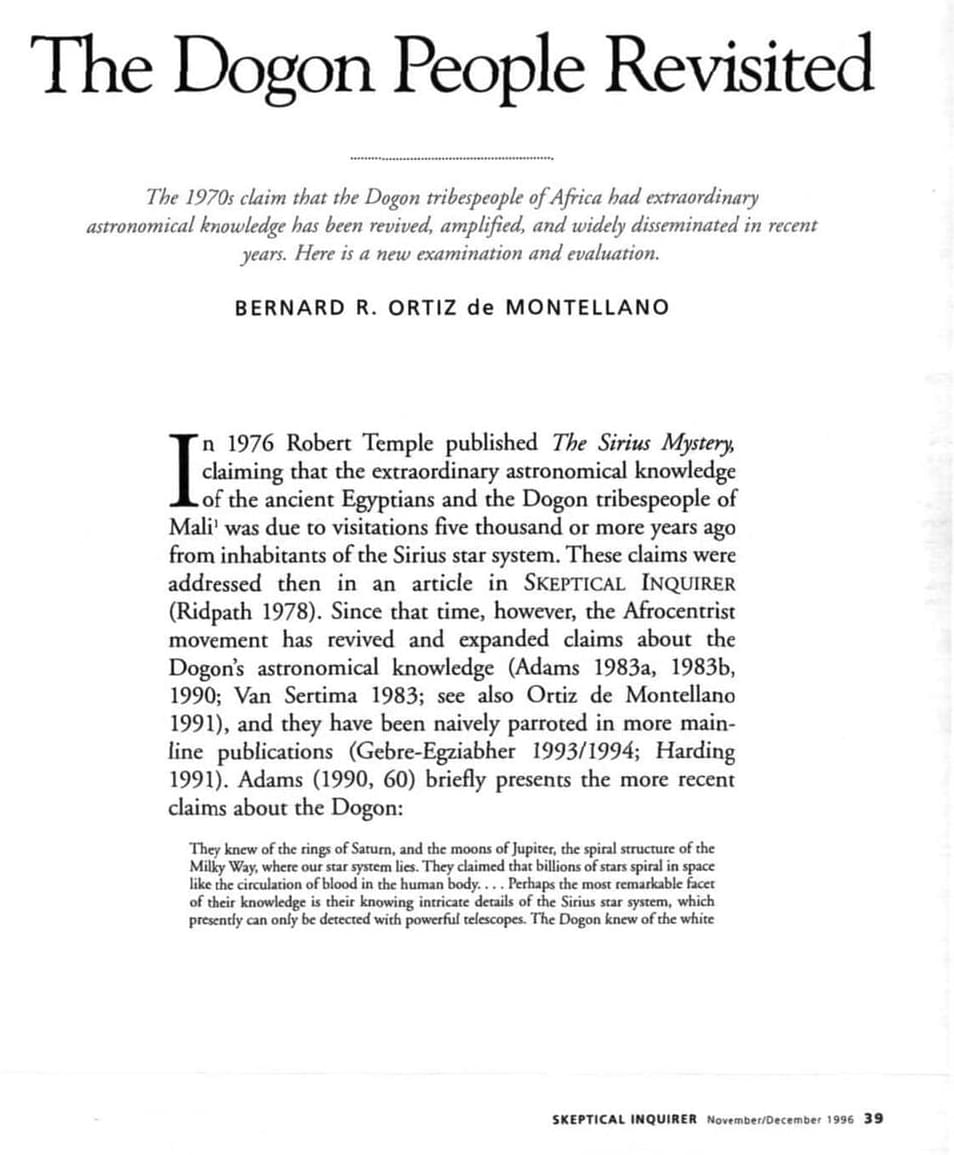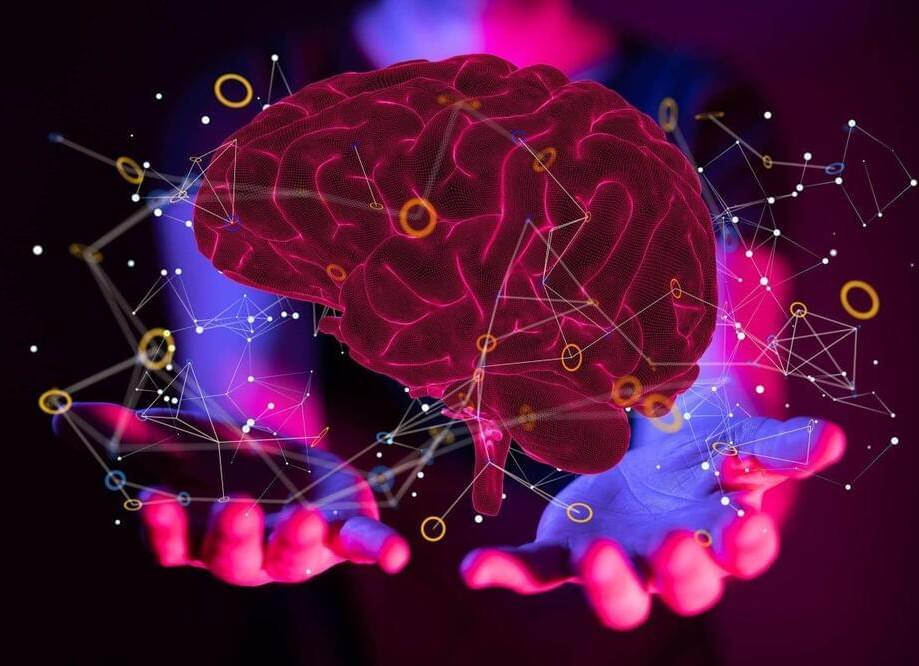Dropbox is a free service that lets you bring your photos, docs, and videos anywhere and share them easily. Never email yourself a file again!


One of the most fundamental rules of physics, undisputed since Einstein first laid it out in 1905, is that no information-carrying signal of any type can travel through the Universe faster than the speed of light. Particles, either massive or massless, are required for transmitting information from one location to another, and those particles are mandated to travel either below (for massive) or at (for massless) the speed of light, as governed by the rules of relativity. You might be able to take advantage of curved space to allow those information-carriers to take a short-cut, but they still must travel through space at the speed of light or below.
Since the development of quantum mechanics, however, many have sought to leverage the power of quantum entanglement to subvert this rule. Many clever schemes have been devised in a variety of attempts to transmit information that “cheats” relativity and allows faster-than-light communication after all. Although it’s an admirable attempt to work around the rules of our Universe, every single scheme has not only failed, but it’s been proven that all such schemes are doomed to failure. Even with quantum entanglement, faster-than-light communication is still an impossibility within our Universe. Here’s the science of why.

Walk through a maze of mirrors, you’ll soon come face to face with yourself. Your nose meets your nose, your fingertips touch at their phantom twins, stopped abruptly by a boundary of glass.
Most of the time, a reflection needs no explanation. The collision of light with the mirror’s surface is almost intuitive, its rays set on a new path through space with the same ease as a ball bouncing off a wall.
For over sixty years, however, physicists have considered a subtly different kind of reflection. One that occurs not through the three dimensions of space, but in time.

While attending an event called AI in Focus — Digital Kickoff, Chief Technology Officer at Microsoft Germany, Andreas Braun, spoke about GPT-4 and its upcoming unveiling (via Heise). According to Braun, the next iteration of GPT will be shown off next week and it will allow users to create new types of AI-generated content.
We will introduce GPT-4 next week, where we have multimodal models that will offer completely different possibilities – for example, videos.

A new concept called organoid intelligence, with the aim of developing a new generation of biocomputers, has recently been detailed by a group of researchers. They want to harness advances in the reproduction of human brain cells in vitro to offer superior intelligence to the computers and smart devices of the future. This technology promises to be much more powerful and efficient than any form of artificial intelligence as we know it.
This notion of organoid intelligence is described in a paper outlining a roadmap to developing this technology published in the journal Frontiers of Science, by numerous scientists, mainly from Johns Hopkins University in Baltimore. According to them, work on cerebral organoids, derived from human stem cells, should make it possible in the relatively near future to reproduce entities endowed with memory and a genuine capacity for learning. Organoids are miniature organs grown in vitro. The term organoid intelligence (OI) encompasses all these developments, leading to a form of biological computing — or biocomputing — that leverages neurons bred in a lab. All of which is enough to make the likes of ChatGPT seem outdated already.
Complex interfaces could eventually be networked, with brain organoids connected to sensory organoids such as retinal organoids. This could, for example, lead to new therapeutic applications.

More than 107 million science papers have just been cataloged for the public’s use thanks to a new project called The General Index.
Typically, academic studies exist behind a paywall — locking up potentially important information not only from the public but, perhaps more importantly, from other scientists.
The General Index wants to set that information free. The index acts almost like a Google search for scientific papers, but with a twist. Only snippets of the papers are provided, so it is up to users to mine the data and make sense out of it all.

Published in the journal Quantum Science and Technology, Saleh’s research focused on a novel quantum computing technique that should — at least on paper — be able to reconstitute a small object across space “without any particles crossing.”
While it’s an exciting prospect, realizing his vision will require a lot more time and effort — not to mention next-generation quantum computers that haven’t been designed, let alone built yet. That is if it’s even possible at all.
Counterportation can be achieved, the study suggests, by the construction of a small “local wormhole” in a lab — and as the press release notes, plans are already underway to actually build the groundbreaking technology described in the paper.
Recent research reveals that a peptide called “Nickelback” may have played a huge role in kick-starting life on earth. The substance may also serve as a clue in the long-standing search for extraterrestrial intelligence.
Nickelback Peptide Molecule
A research team from Rutgers University and the City College of New York was able to pinpoint a simple peptide protein called nickelback. While it mirrors the name of a famous Canadian rock band, the name of the peptide refers to the backbone of the protein, which consists of two atoms of nitrogen linked to a nickel atom pair and an amino acid chain.

Driving Toward the Elimination of Cancer — Joel Greshock — VP, Oncology, Data Science & Digital Health, Janssen Pharmaceutical Companies of Johnson & Johnson.
Joel Greshock is VP, Oncology, Data Science & Digital Health, Janssen Research & Development (https://www.janssen.com/oncology/leadership-team). In this position, he is responsible for creating unique and actionable medical insights using large and increasingly available datasets. The focus of this research includes discovering novel therapeutic targets, identifying areas of unmet medical need, and enhancing clinical trial recruitment and execution.
Prior to joining Janssen R&D, Joel served as Vice President of Bioinformatics at Neon Therapeutics, Inc., where he built and managed the Data Sciences organization. At Neon, he was responsible for the design and deployment of personalized cancer therapies now under clinical evaluation.
Prior to joining Neon, Joel served as Head of Oncology Translational Informatics for Novartis, where he was responsible for the correlation of patient outcomes with molecular biomarkers, identification of mechanisms of clinical resistance and computational research for assets approaching or being evaluated in early phases of development.
Before joining Novartis, Joel assumed numerous roles for GlaxoSmithKline Oncology, which included Head of Bioinformatics. Earlier in his career, Joel was a Data Analyst at Abramson Family Cancer Research Institute at the University of Pennsylvania, where he built early generation microarray platforms and developed widely used predictive models for cancer predisposition mutations.